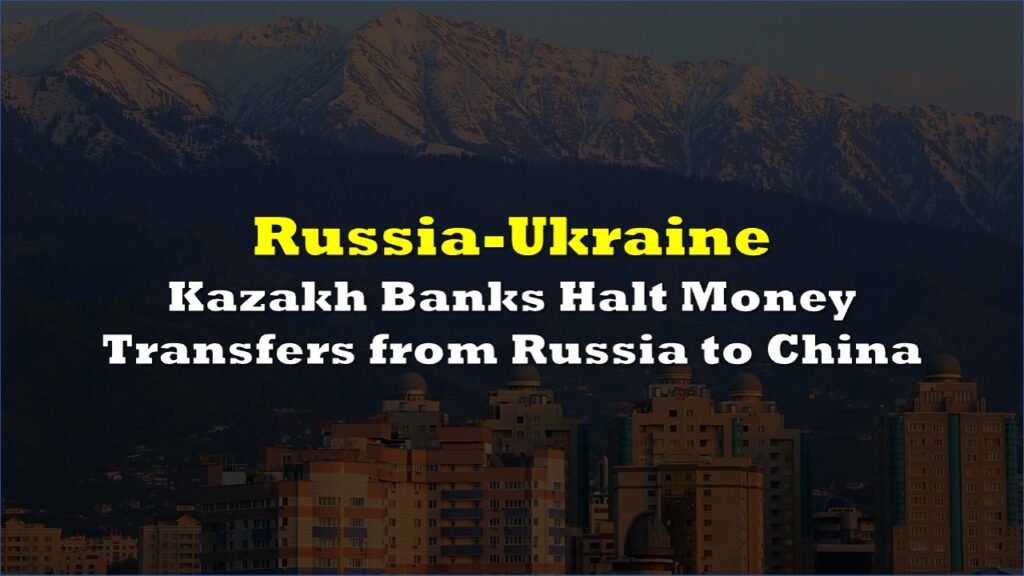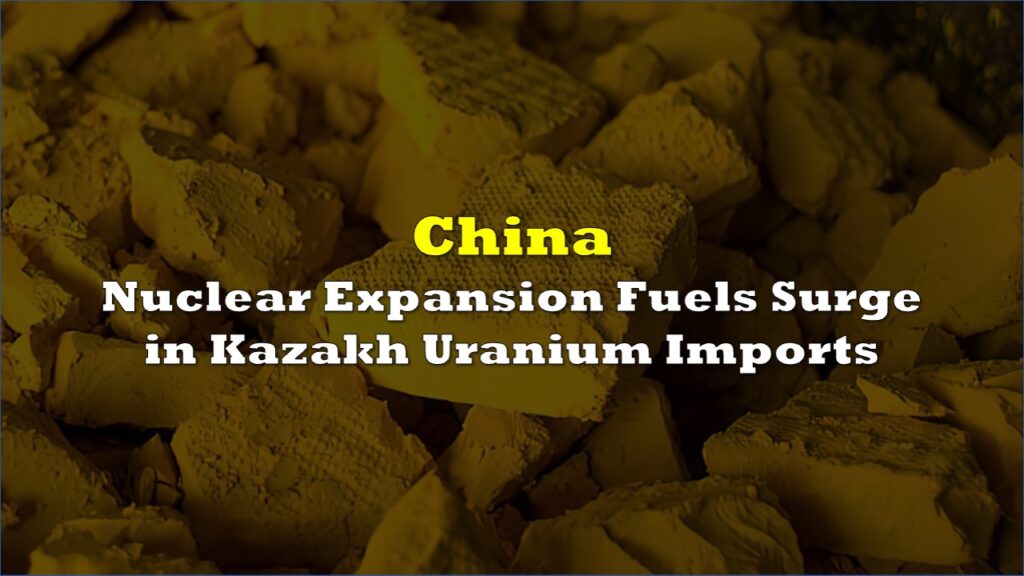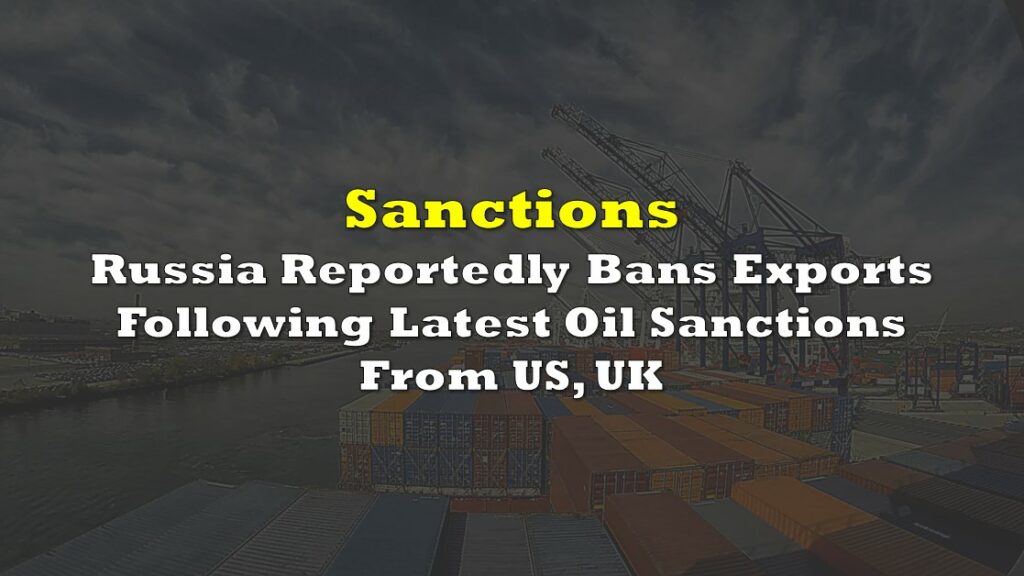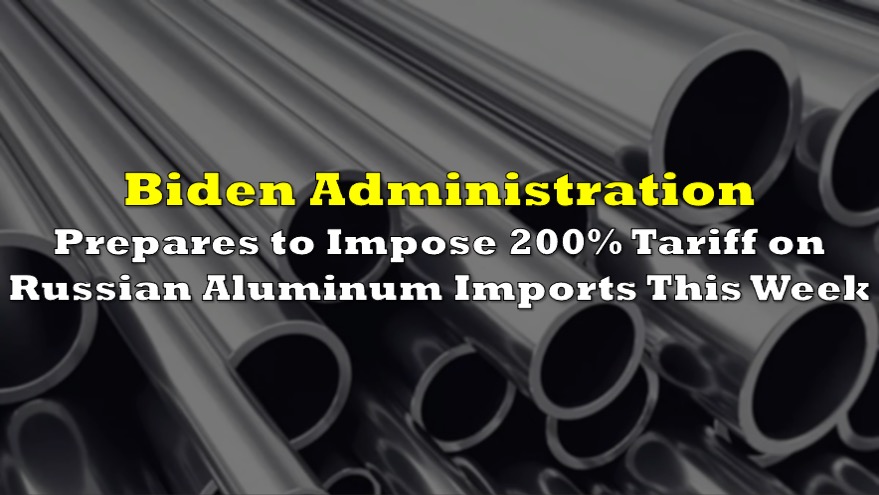Russia and Pakistan have signed a barter trade agreement to circumvent Western sanctions and overcome cross-border payment difficulties. The deal, inked at the Pakistan-Russia Trade and Investment Forum in Moscow, allows for the direct exchange of goods between companies in both countries without involving monetary transactions.
Under the agreement, Russian firm Astarta-Agrotrading will supply 20,000 tons of chickpeas to Pakistan, while Meskay & Femtee Trading Company from Pakistan will reciprocate with an equivalent amount of rice. Additionally, Russia plans to export 15,000 tons of chickpeas and 10,000 tons of lentils in exchange for 15,000 tons of tangerines and 10,000 tons of potatoes from Pakistan.
Russia agrees to accept payment in Pakistani tangerines amid payment difficulties
— PS01 △ (@PStyle0ne1) October 2, 2024
TASS reports that Russian chickpeas and lentils will be exchanged for tangerines and rice from Pakistan.
The decision to move to an exchange was made because the parties “are experiencing certain… pic.twitter.com/JYr2S45xB7
Pakistan’s Deputy Commerce Minister Nasir Hamid cited “difficulties with mutual payments” as the primary reason for establishing this barter system. The arrangement allows both nations to maintain trade relations while sidestepping the increasing scrutiny on financial transactions due to international sanctions imposed on Russia following its invasion of Ukraine.
This is not Russia’s first foray into barter trade as a means to overcome payment challenges. Earlier reports indicated discussions between Russia and China about reviving barter trade, particularly in metals and agricultural products. However, progress on that front has been slow due to difficulties in matching the specific needs of companies on both sides.
The concept of barter agreements is not new to the region, having been common between Moscow and Beijing before the Soviet Union’s collapse and continuing into the 1990s. More recently, Russian President Vladimir Putin and Chinese President Xi Jinping discussed countering US sanctions on mutual payments during a summit in May.
As Russia continues to seek alternative ways to conduct international trade, it is also collaborating with other BRICS nations to develop the BRICS Bridge payment system. However, this alternative financial infrastructure is not expected to be operational until at least 2028.
Information for this story was found via the sources and companies mentioned. The author has no securities or affiliations related to the organizations discussed. Not a recommendation to buy or sell. Always do additional research and consult a professional before purchasing a security. The author holds no licenses.









